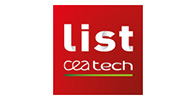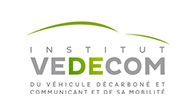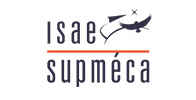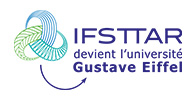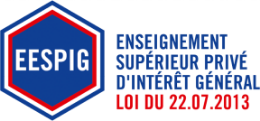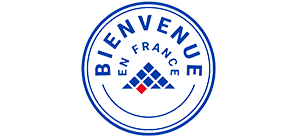Structuring partnerships
Common Research Team with the CEA-LIST (Laboratory for Integration of Systems and Technologies)
This team mainly deals with Embedded Systems and Connected Mobility. It concerns the engineering directed by the MOdels (engineering based design) for Transport Systems (MOST).
This team’s research focuses on:
- Evaluating, designing, analyzing and optimizing the hardware/software architectures of transport systems.
- For example, some of the research looks at the development of new analyses based on the models, including extra-functional properties such as energy consumption and reliability.
This work finds applications in a variety of transport systems (automobile, rail, aeronautics and space). Examples are Advanced Driver-Assistance Systems and self-driving systems, autonomous vehicles, automatic rail or aeronautic piloting systems, and drones.
Experimental platforms and simulation tools are shared within this Common Research Team. The CEA List provides expertise in complex model engineering and ESTACA contributes with its expertise in transport and the optimization of embedded systems.
This partnership also includes training by the use of CEA-LIST simulation tools for 5th-year students in the Embedded Systems major and the joint supervision of student projects.
Partnership with VEDECOM
Strong collaboration with the Energy Transition Institute VEDECOM (communicating non-carbon vehicle and its mobility) work on several aspects. Firstly, active participation of the S2ET department in defining this institute’s research program and involvement in the committees of the “vehicle electrification” and “driving delegation and connectivity” fields. This collaboration includes also joint supervision of theses and post-doctoral students, the availability of scientists and sharing of material resources.
Partnership with SUPMECA
This scientific partnership enables common research projects, sharing of resources and development of skills in shared fields of expertise. Fours fields have been identified:
- Materials and functional composite structures for transport
- Air quality and pollution abatement in transport
- Intelligent, communicating and autonomous vehicles
- Electrification of transport systems
Joint management and funding of theses and participation in creation of research projects are also means of strengthening cooperation. This partnership includes training aspects too.
Partnership with IFSTTAR
The aim of this academic partnership is to foster scientific cooperation in the areas of research and training. It also concerns the exchange of ideas, scientists, students, shared publications, and the joint creation of courses, internships and student projects. This collaboration includes also the joint supervision of theses and post-doctoral students, the availability of scientists and sharing of material resources. This partnership also includes training.



